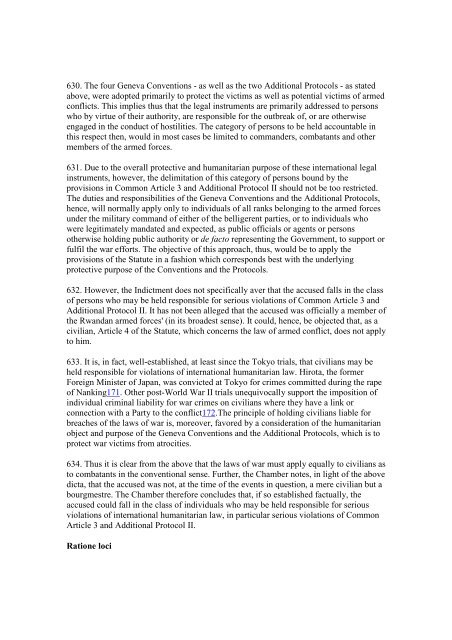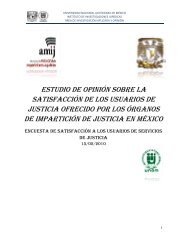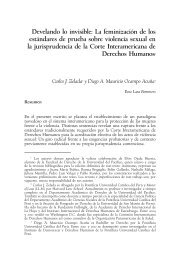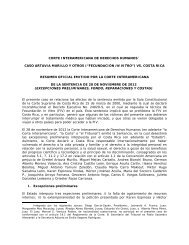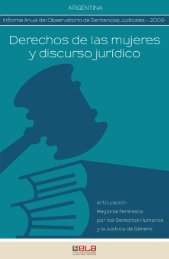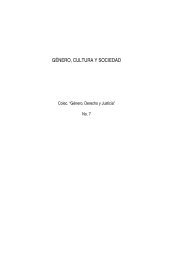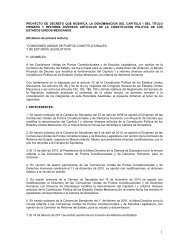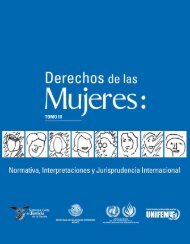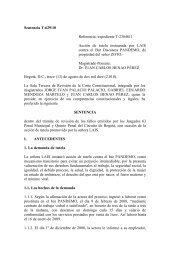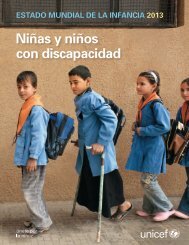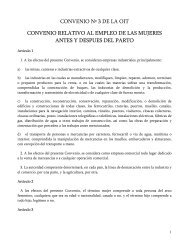Case No. ICTR-96-4-T - International Criminal Tribunal for Rwanda
Case No. ICTR-96-4-T - International Criminal Tribunal for Rwanda
Case No. ICTR-96-4-T - International Criminal Tribunal for Rwanda
- No tags were found...
You also want an ePaper? Increase the reach of your titles
YUMPU automatically turns print PDFs into web optimized ePapers that Google loves.
630. The four Geneva Conventions - as well as the two Additional Protocols - as statedabove, were adopted primarily to protect the victims as well as potential victims of armedconflicts. This implies thus that the legal instruments are primarily addressed to personswho by virtue of their authority, are responsible <strong>for</strong> the outbreak of, or are otherwiseengaged in the conduct of hostilities. The category of persons to be held accountable inthis respect then, would in most cases be limited to commanders, combatants and othermembers of the armed <strong>for</strong>ces.631. Due to the overall protective and humanitarian purpose of these international legalinstruments, however, the delimitation of this category of persons bound by theprovisions in Common Article 3 and Additional Protocol II should not be too restricted.The duties and responsibilities of the Geneva Conventions and the Additional Protocols,hence, will normally apply only to individuals of all ranks belonging to the armed <strong>for</strong>cesunder the military command of either of the belligerent parties, or to individuals whowere legitimately mandated and expected, as public officials or agents or personsotherwise holding public authority or de facto representing the Government, to support orfulfil the war ef<strong>for</strong>ts. The objective of this approach, thus, would be to apply theprovisions of the Statute in a fashion which corresponds best with the underlyingprotective purpose of the Conventions and the Protocols.632. However, the Indictment does not specifically aver that the accused falls in the classof persons who may be held responsible <strong>for</strong> serious violations of Common Article 3 andAdditional Protocol II. It has not been alleged that the accused was officially a member ofthe <strong>Rwanda</strong>n armed <strong>for</strong>ces' (in its broadest sense). It could, hence, be objected that, as acivilian, Article 4 of the Statute, which concerns the law of armed conflict, does not applyto him.633. It is, in fact, well-established, at least since the Tokyo trials, that civilians may beheld responsible <strong>for</strong> violations of international humanitarian law. Hirota, the <strong>for</strong>merForeign Minister of Japan, was convicted at Tokyo <strong>for</strong> crimes committed during the rapeof Nanking171. Other post-World War II trials unequivocally support the imposition ofindividual criminal liability <strong>for</strong> war crimes on civilians where they have a link orconnection with a Party to the conflict172.The principle of holding civilians liable <strong>for</strong>breaches of the laws of war is, moreover, favored by a consideration of the humanitarianobject and purpose of the Geneva Conventions and the Additional Protocols, which is toprotect war victims from atrocities.634. Thus it is clear from the above that the laws of war must apply equally to civilians asto combatants in the conventional sense. Further, the Chamber notes, in light of the abovedicta, that the accused was not, at the time of the events in question, a mere civilian but abourgmestre. The Chamber there<strong>for</strong>e concludes that, if so established factually, theaccused could fall in the class of individuals who may be held responsible <strong>for</strong> seriousviolations of international humanitarian law, in particular serious violations of CommonArticle 3 and Additional Protocol II.Ratione loci


